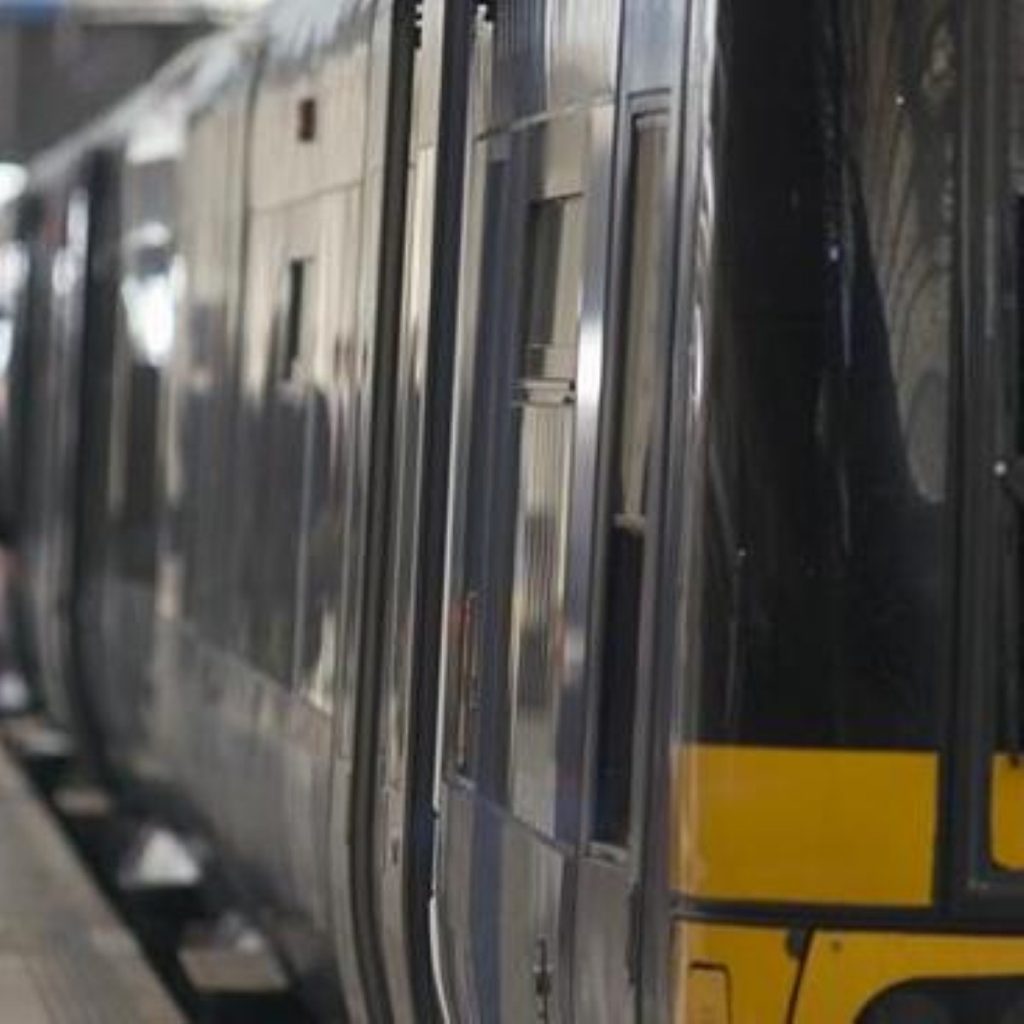Rail passengers face 8% hike in ticket prices
By Alex Stevenson Follow @alex__stevenson
Inflation figures out this morning have confirmed that rail ticket fares will increase by eight per cent from January next year.
Retail price index (RPI) inflation rose by five per cent in the year to July, figures from the Office for National Statistics released this morning showed. Consumer price index inflation (CPI) rose to 4.4% from 4.2% in June.
The coalition announced in the comprehensive spending review that rail fares would rise by RPI plus three per cent every year until 2015.


That means rail fares will go up by eight per cent – nearly four times greater than the 2.2% increase in wages expected by 2012.
Ministers have been forced to hike prices to pay for ambitious investments in the rail infrastructure, including Crossrail and the Thameslink upgrade, without extra borrowing.
"We need to deliver our programme of rail upgrades to deliver improvements and relieve overcrowding," transport minister Theresa Villiers told the Today programme.
"It is essential that we deliver this programme of rail investments, it's the biggest, probably, since the Victorian era.
"I'm afraid we do have to ask passengers to pay a little more for the next three years."
She predicted that rail passenger numbers would continue to grow despite the price rises, but Labour accused ministers of "squeezing commuters" to help reduce the deficit.
"These fare rises squeezing commuters are the direct consequence of the Tory-led government's decision to cut too far and too fast, and travellers are having to pay more to plug the gap in the transport budget," shadow transport secretary Maria Eagle said.
"With train fares set to rise four times faster than wages in the next year, ministers should think again and give commuters a break."
The Campaign for Better Transport (CBT) held a rally outside Waterloo station "with placards, banners and plenty of outrage", its website stated.
Its public transport campaigner Alexandra Woodsworth warned that the "massive" fare rises would be a "disaster" for those already struggling with rising costs.
"This demonstration is sending a clear message to government that the country simply can't afford fare rises on such a punitive scale," she said.
"It's time to burst the bubble on inflation-busting fare hikes."
RPI inflation had fallen to five per cent in the year to June, down from 5.2% in May.
Food and non-alcoholic beverages were the biggest upward pressure between May and June. The biggest downward pressures had come from price discounting of recreation products like computer games, digital cameras, DVDs and televisions.
Labour said wages were predicted to be 15% higher by 2015, compared to rail fares rising by an average of 28.4%.









